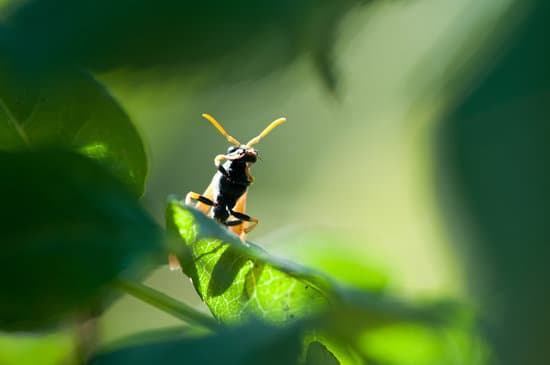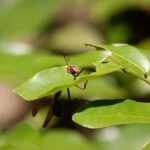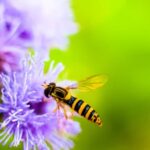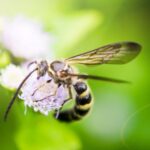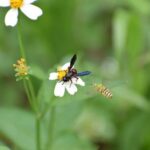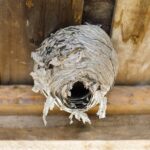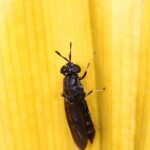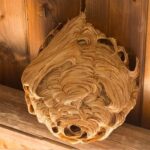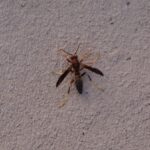Why Do Wasps Kill Bees?
Whether you are new to beekeeping or you are simply confused by the strange behavior of wasps, you may have questions about why do wasps kill bees? The answer is simple: wasps kill bees to obtain food.
Wasps are generalist predators, whose diets include a variety of prey. Honey bees are the primary food for these wasps. They also feed on a variety of other insects, including houseflies, greenfly and caterpillars. Some werep species specialize in attacking beehives.
Wasps build hanging nests from shrubs or trees, and they can also build ground nests. These nests are extremely durable, and they are used as larval homes for wasps.
When wasps sting a bee, they release a chemical scent that warns the rest of the colony. This chemical is known as pheromone. The scent is also used to mark targets, and it signals other wasps to assist.
Wasps attack beehives during late summer and early autumn. Depending on the species, these attacks may be a one-time occurrence, or they may be continuous. If they are attacking a weak hive, they will continue to attack the hive until the bees die.
Honey bees can defend themselves against wasp attacks, but they should be prepared to be stung. Female wasps can sting multiple times, and they can be quite large.
These predatory wasps, also known as yellow jackets, are important for agriculture. They can kill a variety of insects, including crop pests and garden pests. They are also very social, and they live in complex communities. Some colonies may include several hundred individuals, and they may even include fertile females.
